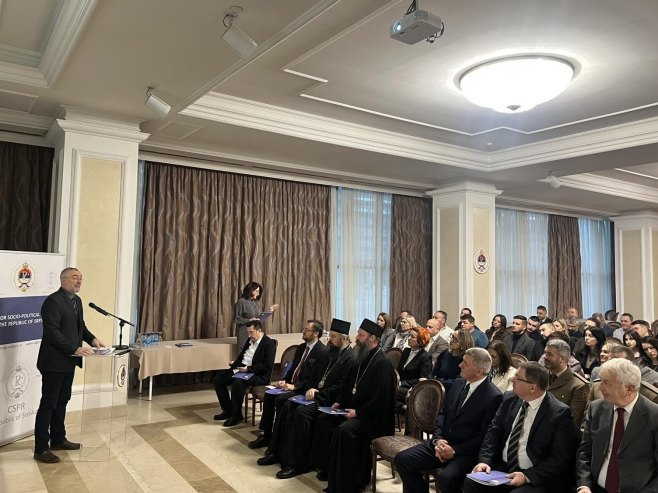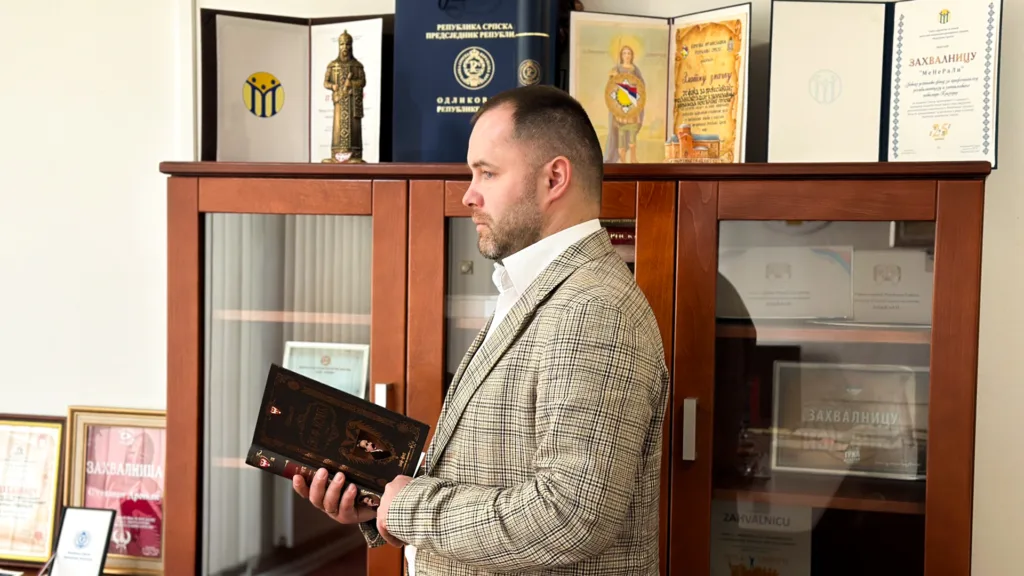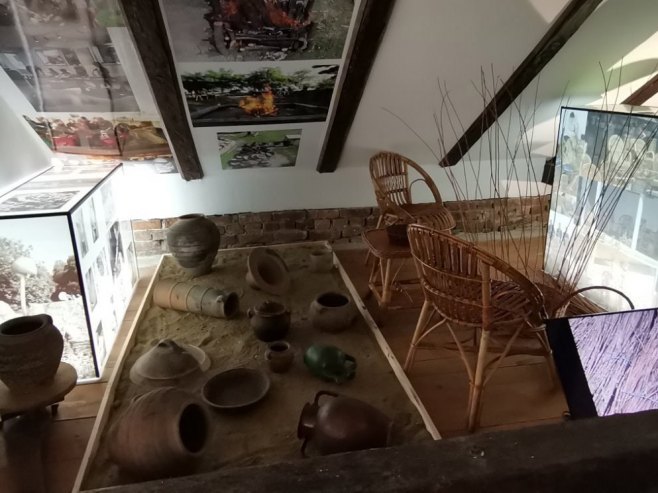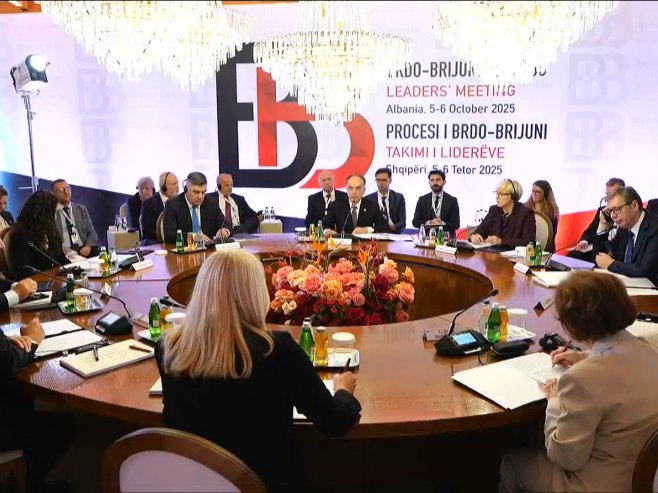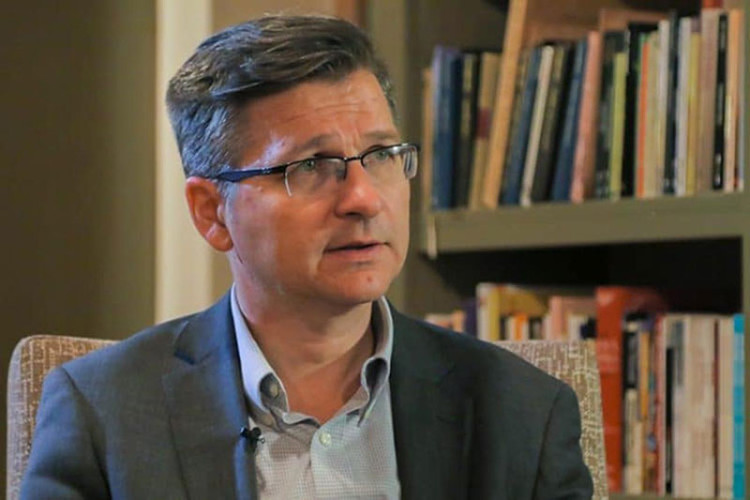The ongoing legal case against President Milorad Dodik is drawing parallels with historical narratives deeply rooted in the past, reminiscent of the “Sarajevo Trials,” political scientist Stevica Dronjak remarked in an interview for “Kozarski Vjesnik.” This resemblance underscores how legal mechanisms are still being wielded to fulfill political agendas, casting a shadow of legal ambiguity over the proceedings. The case is imbued with political implications, challenging the neutrality expected in legal processes.
The Court of Bosnia and Herzegovina (BiH) might have anticipated that President Dodik would utilize the courtroom as a stage for political declarations. Contrary to expectations, President Dodik and his legal team showcased exceptional legal acumen, highlighting a profound understanding of and respect for the legal system—a respect seemingly absent in the Court of BiH. This strategic approach by President Dodik and his team has, in essence, already secured a victory over the political biases of the Sarajevo court.
Speculations suggest that the Prosecution and the Court hoped President Dodik would abstain from court appearances, potentially allowing them to demean Republika Srpska through enforced summons. However, President Dodik’s unexpected presence in court took them by surprise, significantly altering the dynamics of the legal confrontation. This legal saga not only exacerbates political tensions within BiH but also raises critical questions about the sustainability of interethnic coexistence and the broader implications for reconciliation and stability.
The proceedings against President Dodik convey a complex narrative to the international community, highlighting the delicate balance between the pursuit of legal accountability and the dangers of judiciary politicization. This illegitimate and politically charged process risks further polarizing the already divided society, underlining the urgent need for dialogue and mutual understanding—a concept seemingly alien to the political elites in Sarajevo.
Reflecting on the broader historical context, the post-war Western advocacy for a consociational democracy model in BiH aimed at ensuring equitable representation and governance. However, the expectations of the Bosniak political leadership for a unitary BiH were thwarted by the Dayton Peace Agreement, which, surprisingly, legitimized Republika Srpska as an internationally recognized entity. This development, contrary to Bosniak aspirations, underscored the international community’s recognition of the complex demographic and political landscape of BiH.
The case against President Dodik is emblematic of the ongoing struggle for power and representation in BiH, challenging the very foundations of the Dayton Agreement. The determined stance of Republika Srpska’s leadership in adhering to the principles of the Dayton Agreement showcases their commitment to a legal and political framework that respects the entity’s autonomy and rights within BiH.
As this modern “Sarajevo Trial” unfolds, it serves as a stark reminder of the enduring battle for justice, freedom, and the preservation of Republika Srpska’s constitutional rights within the complex political tapestry of BiH. The ultimate victory of President Dodik in this legal and political arena could herald a new chapter in the quest for a fairer, more transparent, and equitable legal system in BiH, fostering an environment conducive to dialogue, reconciliation, and lasting peace.
Source: Kozarski Vjesnik

